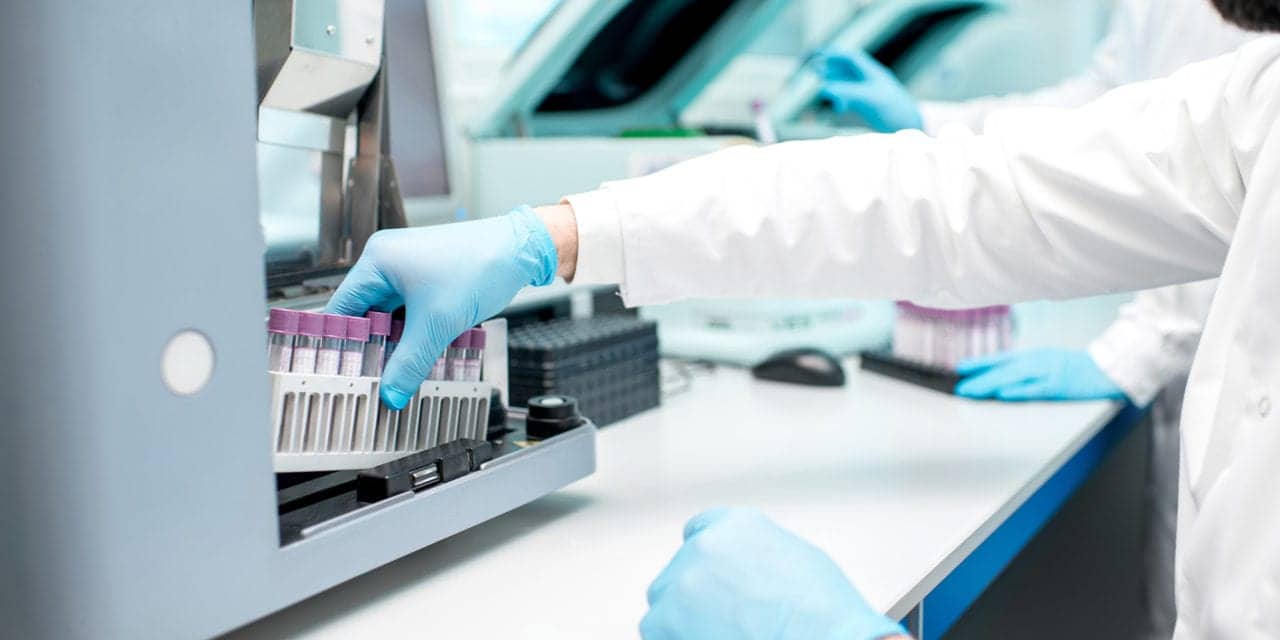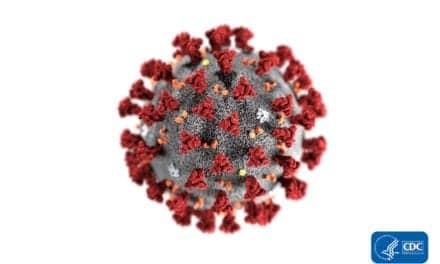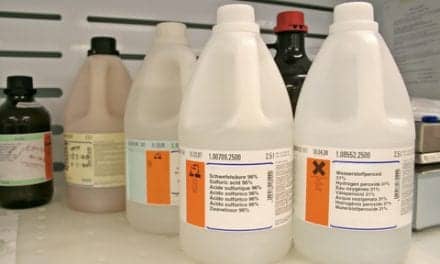The National Institutes of Health has issued two new funding opportunities through its Rapid Acceleration of Diagnostics (RADx) initiative. The funding will support diagnostic test manufacturers to develop the next generation of COVID-19 tests, with a major focus on accessibility, according to the agency.
The funding opportunities are part of the Rapid Acceleration of Diagnostics (RADx) Tech program, managed by the National Institute of Biomedical Imaging and Bioengineering (NIBIB). The new programs may award up to $300 million in funds from the American Rescue Plan Act of 2021 to support the accelerated development of tests and provide regulatory guidance during the COVID-19 pandemic and beyond.
The first solicitation is for accessible over-the-counter tests that can be used by people with disabilities, specifically blindness, low vision, fine motor skill difficulties, and aging-related disabilities. Products should be ready for commercialization in 12-24 months. The second solicitation focuses on improving performance of over-the-counter and point-of-care tests as well as integrating universal design features to ensure ease of use. Tests should aim to minimize or eliminate the need for serial testing and performance should be unaffected by variants. Products should be ready for commercialization in 24-36 months.
This effort builds on a highly successful program that has increased the United States testing capacity by billions in the span of two years and compressed the technology development timeline from years to months. Applications can be submitted starting September 20, 2022.
Rapid Acceleration of Diagnostics (RADx) Initiative
The RADx initiative was launched on April 29, 2020, to speed innovation in the development, commercialization, and implementation of technologies for COVID-19 testing. The initiative has four programs: RADx Tech, RADx Advanced Technology Platforms, RADx Underserved Populations and RADx Radical. It leverages the existing NIH Point-of-Care Technology Research Network. The RADx initiative partners with federal agencies, including the Office of the Assistant Secretary of Health, Department of Defense, the Biomedical Advanced Research and Development Authority, and U.S. Food and Drug Administration.
For information about responding to the funding opportunity, visit the RADx Tech page.










